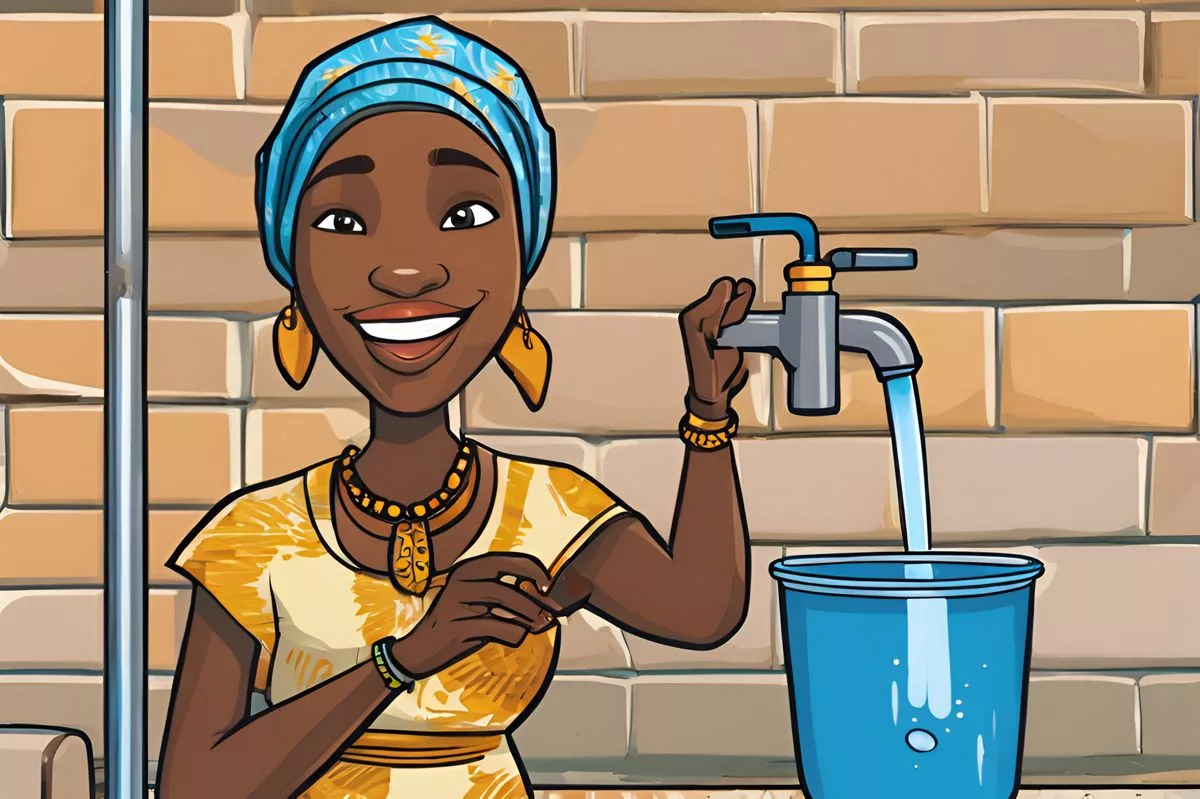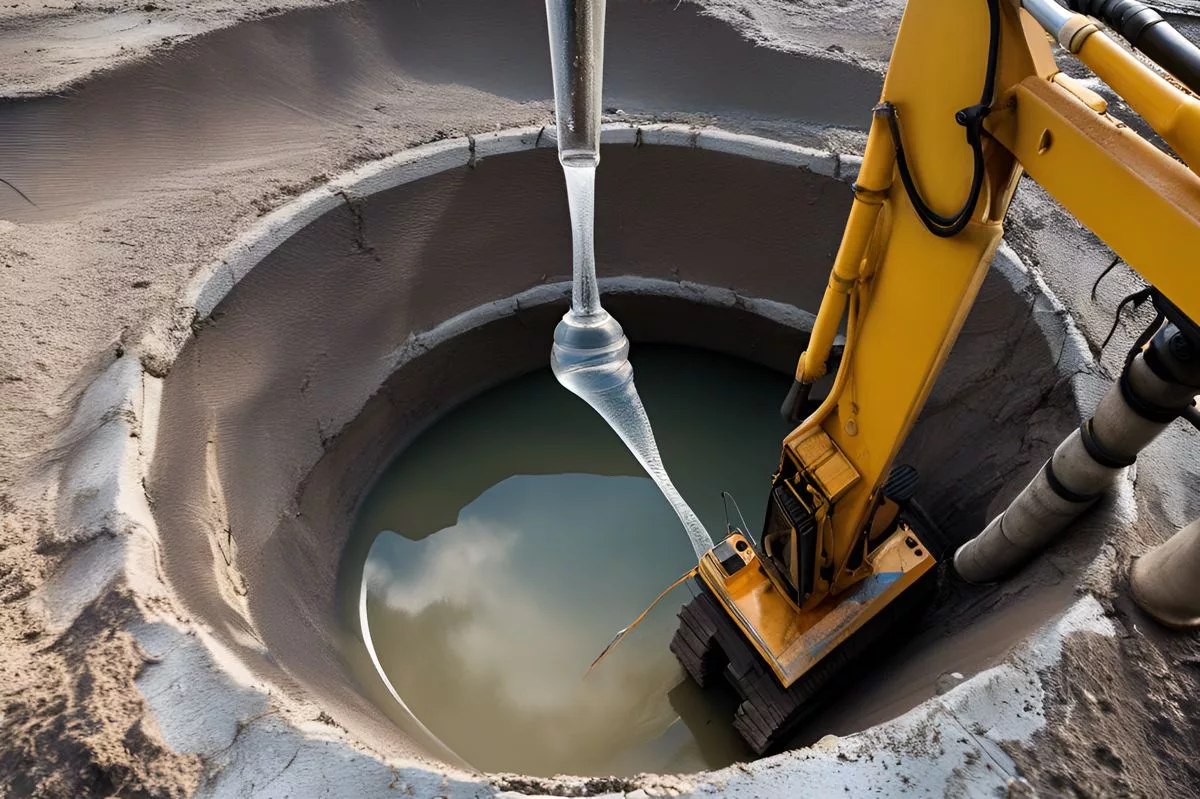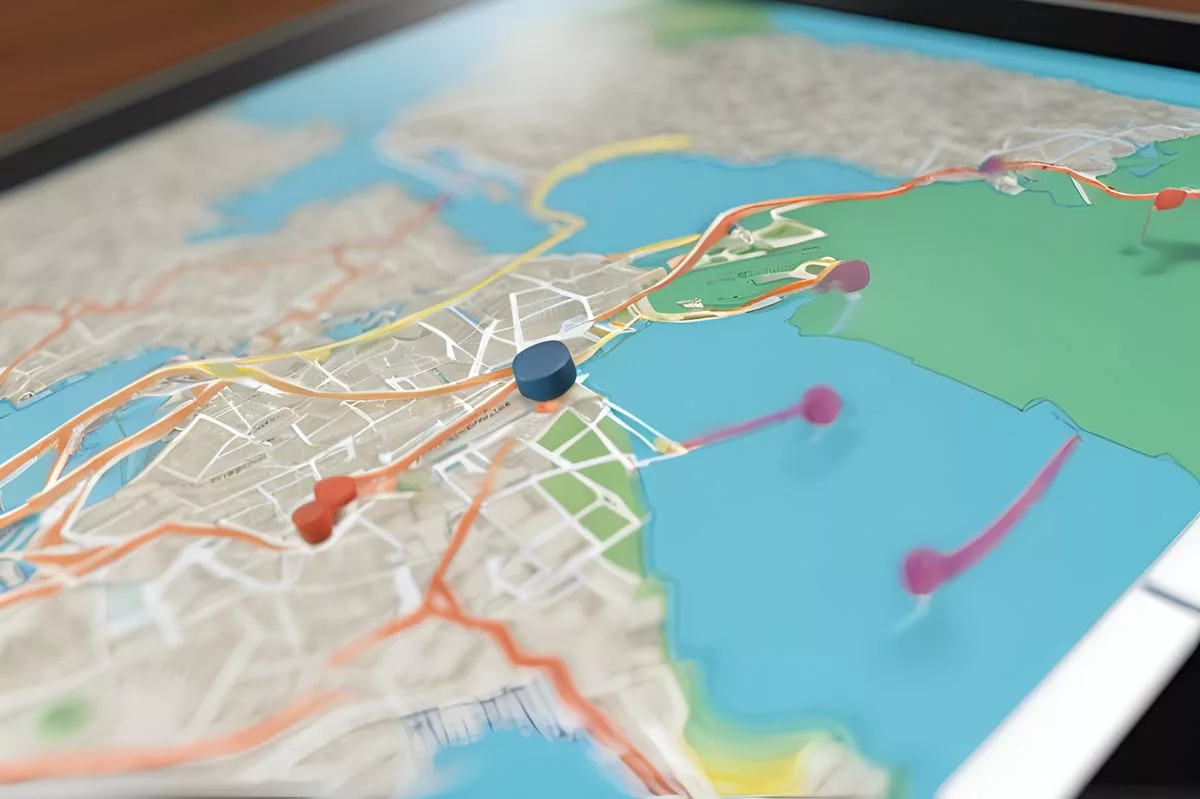South Africa’s Department of Water and Sanitation is taking a new approach to tackle water and sanitation challenges in the country. The plan includes community outreach programs, diversifying water sources, and enhancing access to water and sanitation services. The department is also collaborating with municipalities and the private sector to achieve its objectives and improve the standard of living for all South Africans. The strategy aims to address challenges such as water scarcity, inadequate access to water and sanitation services, and decaying municipal water and sanitation services.
South Africa’s Department of Water and Sanitation is taking a new approach to tackle water and sanitation challenges in the country. The plan includes community outreach programs, diversifying water sources, and enhancing access to water and sanitation services. The department is also collaborating with municipalities and the private sector to achieve its objectives and improve the standard of living for all South Africans.
South Africa’s Department of Water and Sanitation (DWS) is reinventing its approach to tackle the critical challenges of water and sanitation in the country. Under Minister Pemmy Majodina’s leadership, DWS has laid out an ambitious plan for the 2024/25 period. A series of strategic initiatives are set to be launched that encompass aspects ranging from resource management to municipal water supply, all geared towards enhancing the quality of life for South Africans.
This shift is timely, especially considering the onset of Women’s Month in August. As an occasion that brings gender inequality issues to the fore, it further underscores the department’s role in battling this social concern. The burden of water scarcity and sanitation problems often falls heavily on women in South Africa, who are responsible for fetching water from far-flung sources. Majodina’s department is unwavering in its resolve to center women’s empowerment as part of its mission, acknowledging the government’s constitutional duty to uphold women’s rights.
Clarifying Roles and Setting Priorities
Both national government and local municipalities have a shared responsibility towards managing South Africa’s water resources. One of the key functions of the Department of Water and Sanitation is to oversee water resource management and enforce regulatory action to safeguard these resources. The department sets the national norms and standards for water services and supports municipalities to ensure these standards are adhered to.
In her inaugural month of office, Majodina was inundated with public and political pleas concerning the delivery of water and sanitation services at the local level. To address these concerns, the department is focusing on community outreach programmes. The aim is to enhance community awareness about the roles and responsibilities of municipalities in water provision. The department has established a call centre (0800 200 200) to handle inquiries and complaints regarding water and sanitation in the nation.
South Africa’s water and sanitation sector faces several significant challenges. These include raw water supply, inadequate access to water and sanitation services, and decaying municipal water and sanitation services. South Africa is among the world’s thirty most water-scarce countries, with an average water consumption of 218 litres per capita per day, which is higher than the international average of 173 litres.
A Comprehensive Strategy to Meet the Challenges
DWS’s strategy to address these challenges is multilayered. They aim to augment investment in national water resource infrastructure, diversify the sources of water, and initiate more potent water conservation and demand management programs.
Since 1994, the Department of Water and Sanitation has constructed 18 new dams and currently has 15 other significant national water resource infrastructure projects underway. The plan to diversify the water mix will see greater reliance on groundwater, water re-use, and seawater desalination.
The department is also intent on enhancing access to water and sanitation services, as the constitutional obligation of municipalities is to ensure the provision of reliable clean drinking water and safe, dignified sanitation. In support of this, the national government extends grants to municipalities to address the backlog in access.
Additionally, the department is collaborating closely with municipalities to enhance the reliability and capacity of their existing infrastructure. They are actively participating in a range of initiatives, such as the Mandlakazi Bulk Water Supply Scheme worth R9.5 billion and the Loskop Regional Bulk Water Supply project worth R1.7 billion.
Harnessing Collaborative Synergy
An integral component of the DWS’s strategy is to bolster partnerships with various sectors, with a special emphasis on the private sector. This collaboration is essential to overcome South Africa’s water and sanitation challenges. Operation Vulindlela, an endeavour aimed at eliminating obstacles to economic growth and investment, has already achieved substantial progress in water use licensing.
The department is also advancing legislative measures to enhance the management and provision of water and sanitation services. The Water Services Amendment Bill is on the anvil, which will introduce an operating license system for Water Services Providers. This will guarantee a minimum level of service provision and enable regulatory action against non-compliant municipalities.
As Minister Pemmy Majodina guides the Department of Water and Sanitation towards achieving its objectives, it’s evident that the department’s efforts are not merely about service provision. They encapsulate the broader goals of achieving gender equality, spurring economic growth, and raising the standard of living for all South Africans. Majodina’s ambitious plan is a resounding affirmation of the DWS’s commitment to effecting genuine change in the lives of the South African people.
1. What is South Africa’s new approach to tackle water and sanitation challenges in the country?
South Africa’s new approach includes community outreach programs, diversifying water sources, and enhancing access to water and sanitation services. The Department of Water and Sanitation is collaborating with municipalities and the private sector to achieve its objectives and improve the standard of living for all South Africans.
2. What challenges does South Africa’s water and sanitation sector face?
South Africa’s water and sanitation sector faces several significant challenges, including raw water supply, inadequate access to water and sanitation services, and decaying municipal water and sanitation services. South Africa is among the world’s thirty most water-scarce countries.
3. How is South Africa’s Department of Water and Sanitation enhancing community awareness about the roles and responsibilities of municipalities in water provision?
The Department of Water and Sanitation is focusing on community outreach programmes to enhance community awareness about the roles and responsibilities of municipalities in water provision. The department has established a call centre (0800 200 200) to handle inquiries and complaints regarding water and sanitation in the nation.
4. How is South Africa’s Department of Water and Sanitation aiming to diversify the sources of water?
South Africa’s Department of Water and Sanitation is aiming to diversify the sources of water by augmenting investment in national water resource infrastructure, greater reliance on groundwater, water re-use, and seawater desalination.
5. What is the role of the private sector in South Africa’s water and sanitation challenges?
The private sector is an essential partner in tackling South Africa’s water and sanitation challenges. The Department of Water and Sanitation is bolstering partnerships with various sectors, with a special emphasis on the private sector.
6. What legislative measures is South Africa’s Department of Water and Sanitation advancing to enhance the management and provision of water and sanitation services?
The Department of Water and Sanitation is advancing the Water Services Amendment Bill to introduce an operating license system for Water Services Providers. This will guarantee a minimum level of service provision and enable regulatory action against non-compliant municipalities.












